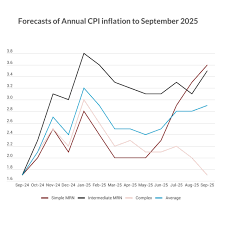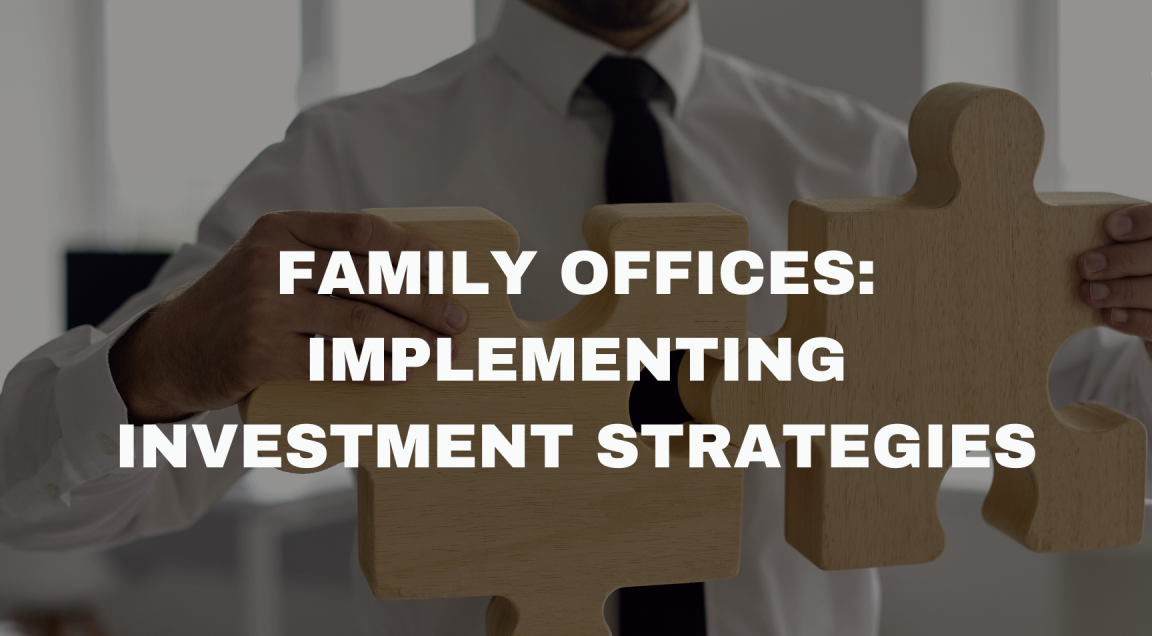In today’s unpredictable economy, building a recession-proof emergency fund stands as a crucial pillar of financial security. Millennials, in particular, face unique challenges—from student loans to rising living costs—that make smart money management essential. This guide dives into practical steps for saving, budgeting, investing, managing debt, planning for retirement, and boosting financial literacy to help millennials create a resilient financial foundation.
Saving: The First Step Toward Financial Security
Saving money consistently forms the bedrock of a recession-proof emergency fund. Start by setting a clear savings goal—ideally, enough to cover three to six months of essential living expenses. Automate your savings by setting up automatic transfers to a dedicated high-yield savings account. This strategy minimizes the temptation to spend and accelerates fund growth.
Track your progress regularly and adjust your contributions as your income or expenses change. Even small, steady deposits make a big difference over time, thanks to the power of compounding interest.
Budgeting: Control Your Cash Flow
A detailed budget keeps your spending in check and ensures you prioritize emergency savings. Begin by listing your monthly income and categorizing expenses into fixed (rent, utilities) and variable (entertainment, dining out). Identify areas where you can cut back and redirect those funds to your emergency account.
Use budgeting apps or spreadsheets to maintain clarity and discipline. Millennials benefit from tracking spending habits closely, especially with the rise of subscription services and impulse purchases. A disciplined budget protects your emergency fund from being drained during tough times.
Investing: Grow Your Wealth Wisely
Once your emergency fund is secure, focus on investment strategies that suit your long-term goals and risk tolerance. Millennials have the advantage of time, allowing them to take calculated risks that can generate higher returns.
Top 5 Investment Strategies for Millennials:
- Index Funds and ETFs
These funds offer broad market exposure with low fees. They provide diversification and generally follow the overall market performance, reducing risk compared to individual stocks. - Robo-Advisors
Automated investment platforms tailor portfolios based on your goals and risk appetite. They require minimal management and keep costs low, making them ideal for beginners. - Dividend Stocks
Investing in companies that pay consistent dividends can provide a steady income stream while allowing for capital growth. - Real Estate Crowdfunding
This approach enables millennials to invest in real estate projects without large capital upfront, diversifying portfolios beyond stocks and bonds. - Retirement Accounts (401(k), IRA)
Maximize employer matches and contribute regularly to tax-advantaged accounts. The compound growth within these accounts significantly enhances your retirement readiness.
Debt: Manage It Strategically
High-interest debt undermines your ability to build an emergency fund and invest effectively. Prioritize paying down credit card balances and personal loans quickly. Consider the debt avalanche method—tackling the highest-interest debts first—to minimize overall interest payments.
Avoid accumulating new debt by living within your means and using credit responsibly. Consolidate or refinance loans if better rates are available, freeing up cash to boost your emergency fund.
Retirement: Start Early, Benefit Later
The power of compound interest makes early retirement savings invaluable. Even small contributions made consistently can grow substantially over decades. Aim to contribute at least 10-15% of your income toward retirement accounts.
Review your retirement plan annually to ensure your asset allocation aligns with your risk tolerance and time horizon. Millennials often overlook retirement planning, but establishing this habit early secures financial freedom later in life.
Financial Literacy: Empower Yourself
Understanding basic financial concepts empowers millennials to make informed decisions. Regularly educate yourself on topics such as investing, taxes, insurance, and estate planning. Reliable books, podcasts, online courses, and workshops offer accessible resources.
Financial literacy helps you recognize scams, optimize tax benefits, and adjust strategies as economic conditions change. The more you learn, the better you can protect and grow your wealth.
Conclusion
Building a recession-proof emergency fund combined with smart investing habits creates a strong financial safety net for millennials. Saving diligently, budgeting wisely, managing debt strategically, planning for retirement early, and improving financial literacy collectively pave the way toward financial resilience. Start today to secure your future against economic uncertainty and thrive through every financial season.



